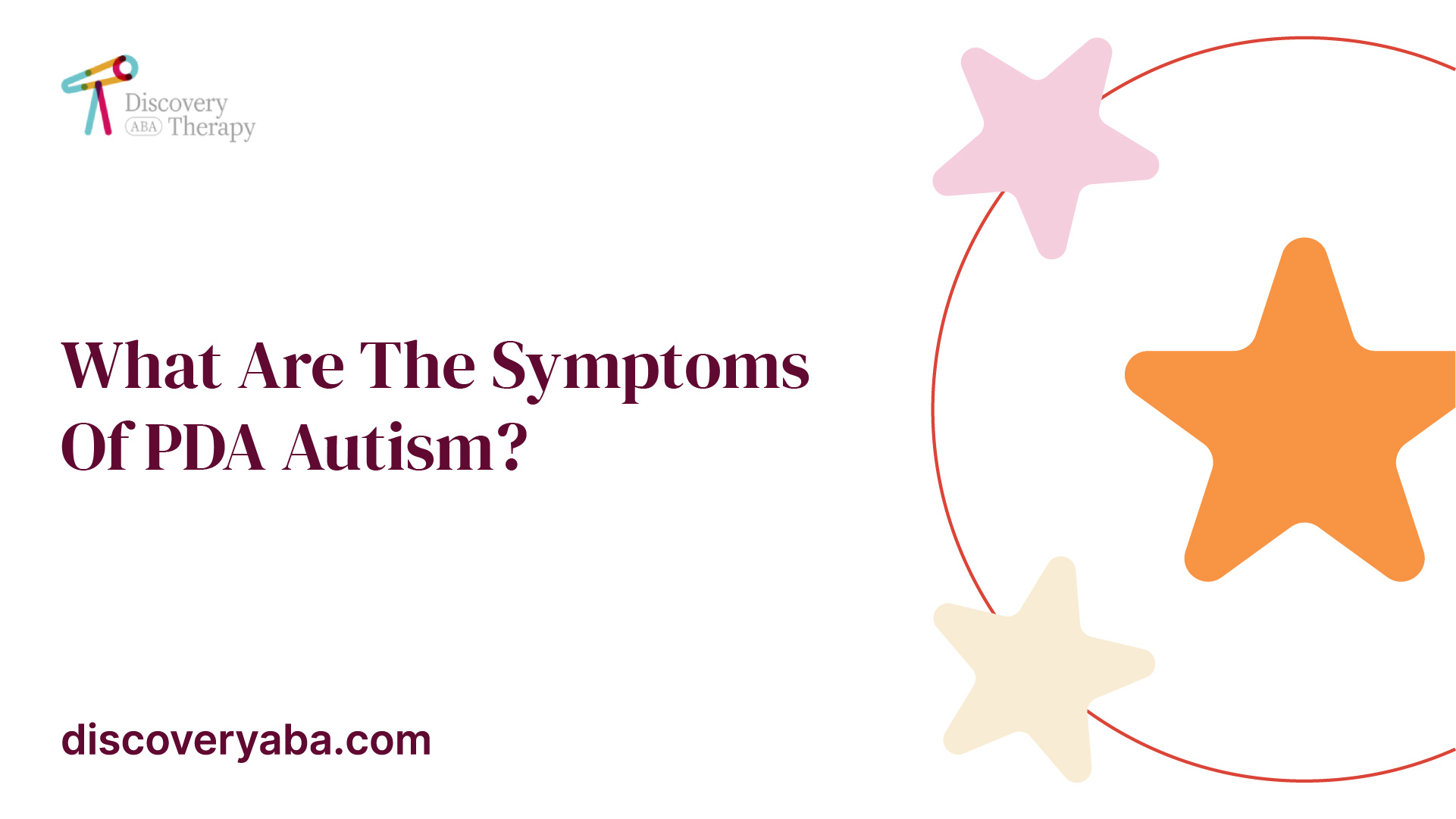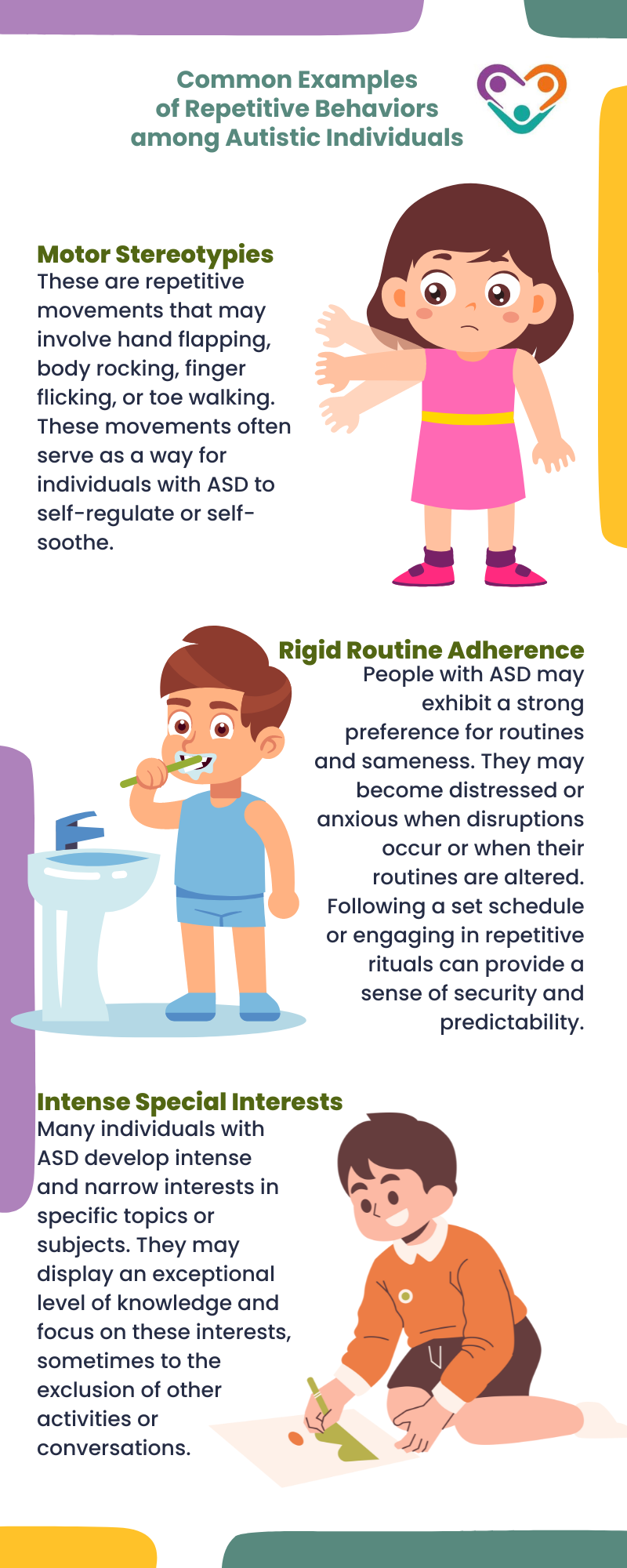Trick Symptoms And Signs to Recognize in Individuals With Behavioral Autism
When you run into a person with behavioral autism, acknowledging vital symptoms and signs is vital. You may notice obstacles in social interactions and communication, as well as a strong need for routines. Additionally, sensory level of sensitivities can lead to frustrating experiences. Recognizing these attributes can improve your support and interventions, yet there's even more to uncover regarding how these behaviors materialize in daily circumstances. Let's explore what these indicators actually look like.
Challenges in Social Interactions
When you communicate with someone on the autism range, you could discover they struggle with social signs and communication. These difficulties can make social communications feel frustrating for them.
When they do involve, they could talk concerning their passions in terrific information without observing if you're interested. Comprehending these difficulties can help you come close to communications with empathy and patience, promoting a much more comfortable atmosphere for both of you.
Difficulty With Verbal and Non-Verbal Interaction

Recognizing these signs is essential, as it assists you better support and involve with people on the autism spectrum. By comprehending their interaction obstacles, you can foster a lot more purposeful links and offer an extra helpful setting.
Repeated Behaviors and Routines
Communication difficulties commonly accompany other indicators of autism, such as repetitive behaviors and a strong choice for routines. You might see that individuals with autism frequently engage in specific, repetitive actions, like hand-flapping, shaking, or repeating expressions. These behaviors can supply comfort and a sense of control in a frequently frustrating world.
When they comply with an organized routine,Regimens are equally crucial; several individuals thrive. You might discover that adjustments to these routines can bring about considerable distress. As an example, if they have a day-to-day ritual of eating morning meal at a details time or following a certain path to institution, any kind of disruption can trigger stress and anxiety.
Identifying these patterns helps you understand their behavior and give support. By accommodating their need for routine and allowing repetitive actions, you can produce a much more comfy setting that relieves their challenges.
Sensory Sensitivities

Common Sensory Triggers
Sensory sensitivities can substantially influence life for individuals with autism, as certain stimulations commonly cause frustrating reactions. Common sensory triggers consist of loud noises, intense lights, and solid smells. You might see that unexpected sounds, like alarms or alarm systems, cause anxiousness or distress. Fluorescent lights in stores can really feel unpleasant and rough. Appearances can also play a significant role; harsh fabrics or specific food appearances may be intolerable for you. Furthermore, crowded areas can overwhelm your detects, making it tough to kick back or focus. Comprehending these triggers can aid you handle your environment better. By understanding what impacts you, you can take actions to minimize pain and boost your daily experiences.
Behavior Responses Clarified
Understanding your behavior reactions to sensory level of sensitivities is essential, as they typically expose how you communicate with the world. You might discover that specific noises, lights, or textures overwhelm you, resulting in anxiety or discomfort. When confronted with these stimuli, you could take out, cover your ears, and even respond aggressively. These responses aren't simply quirks; they're your means of handling overstimulation. You may additionally locate yourself looking for particular sensory experiences, like deep stress or peaceful settings, to aid ground on your own. Identifying these patterns aids you recognize your demands far better and can guide how you connect them to others. By recognizing your sensory level of sensitivities, you can work in the direction of developing an atmosphere that feels much more comfortable and manageable for you.
Coping Methods Introduction
Identifying your sensory sensitivities is simply the primary step; now it's time to explore coping strategies that here can assist you manage those experiences effectively. Begin by producing a sensory toolkit customized to your requirements. This could consist of noise-canceling earphones, fidget toys, or relaxing fragrances. Establishing a structured regimen can likewise supply predictability, decreasing stress and anxiety around sensory overload. Take breaks in a quiet room to regroup when you really feel overwhelmed. Practicing mindfulness techniques such as deep breathing can aid ground you in the moment. In addition, interact your demands with those around you; having supportive family and friends can make a huge difference. Keep in mind, locating what works ideal for you may require time, so be patient and open to trying brand-new strategies.
Restricted Rate Of Interests and Emphasis
While lots of people establish a large range of rate of interests, those with autism often show limited rate of interests and an extreme emphasis on certain topics. You could discover that somebody with autism can spend hours delving into their favored topic, whether it's a particular sort of train, a specific movie, or a scientific concept. This intense emphasis isn't just a leisure activity; it can come to be a main component of their identification and social interactions.
You may find that conversations revolve around these interests, and they might battle to take part in wider topics. For them, these focused interests provide convenience and a feeling of mastery. While it is very important to encourage exploration of brand-new topics, appreciating their interests is just as crucial. By recognizing and recognizing these restricted passions, you can cultivate an encouraging setting where they really feel valued and understood, permitting more purposeful links and interactions.
Emotional Policy Problems
People with autism frequently face challenges in psychological policy, which can be affected by their extreme concentrate on specific interests. You could observe that when a person is deeply involved in a favored task, they can experience strong feelings, whether exhilaration or aggravation. This intensity occasionally makes it tough for them to shift gears or handle their sensations when things do not go as intended.

Variability in Developmental Milestones
When it involves developmental landmarks, you'll notice that people with autism usually reveal a vast array of variability. Some may strike turning points in a timely manner, while others might lag behind or development at a various pace. You might see a youngster succeed in language skills yet struggle with social communications. This disparity can be complex, as traditional criteria do not always use.
It's important to recognize that each person's trip is one-of-a-kind. Observing these patterns can help you comprehend their staminas and requires better.
Frequently Asked Concerns
Exactly How Is Autism Detected in Children and Adults?
To detect autism in adults and children, experts examine behavior, interaction skills, and social communications. They typically make use of standardized tests, meetings, and monitorings to figure out if an individual satisfies the standards for autism range problem.
Are There Different Kinds of Autism Spectrum Disorders?
Yes, there are various types of autism spectrum disorders, click here including Asperger's disorder and read more prevalent developing disorder-not otherwise defined. Each kind varies in seriousness and characteristics, so recognizing these differences can help you far better assistance people with autism.
What Therapies Are Efficient for Individuals With Autism?
When taking into consideration reliable therapies for people with autism, you'll discover options like Applied Actions Analysis, speech therapy, and work therapy. Each method can aid enhance interaction, social skills, and daily working tailored to specific demands.
Can People With Autism Lead Independent Lives?
Yes, individuals with autism can lead independent lives. With the appropriate support, skills training, and sources, you can aid them establish self-sufficiency, take care of daily jobs, and prosper in numerous atmospheres, fostering their independence.
Just How Can Family Members Support Loved Ones With Autism?
You can support your loved ones with autism by producing an organized atmosphere, urging their passions, practicing patience, promoting interaction, and promoting social skills. Commemorate their accomplishments, regardless of just how tiny, and construct a helpful community.
Although many individuals on the autism spectrum can make use of and comprehend language, they usually deal with considerable challenges with both verbal and non-verbal communication. Recognizing these signs is necessary, as it aids you far better support and involve with individuals on the autism spectrum. You may discover that people with autism commonly engage in certain, repeated actions, like hand-flapping, rocking, or duplicating phrases.Sensory level of sensitivities can substantially influence daily life for individuals with autism, as particular stimulations frequently activate overwhelming reactions.When it comes to developing milestones, you'll see that individuals with autism typically reveal a vast range of irregularity.